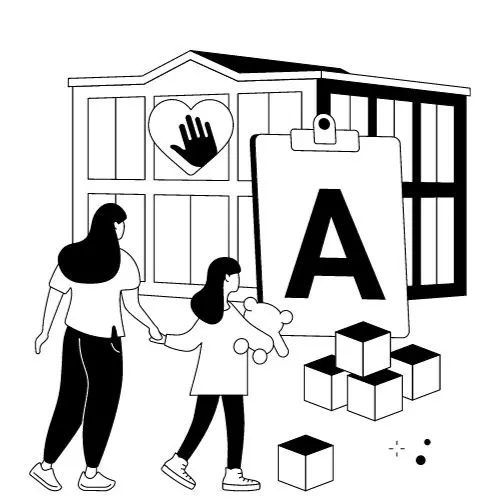Pursuing a Career in Developmental Psychology: Paths, Jobs, and Insights
Developmental psychology is a fascinating field that studies how people grow and change over the lifespan. For those interested in understanding human nature, a career in this area offers diverse roles focused on supporting growth at all ages.
Key Developmental Psychology Career Facts

- Developmental psychology jobs are projected to grow 13% from 2020 to 2030, faster than the average.
- A master’s degree is required for most career paths, while doctorate degrees open up more advanced roles.
- Developmental psychologists earn a median salary of $80,370 per year. Those with doctorates earn around $89,000.
- Top employers include schools, healthcare services, government agencies, nonprofits, and research centers.
- Common work settings are colleges, intervention clinics, foster care programs, and private practices.
Roles and Responsibilities in the Field
There are many directions a developmental psychology career can take. Some top jobs in the field include:
Developmental Psychologist
- Conduct research on human social, emotional, and cognitive development across ages.
- Publish findings in scientific journals and present at conferences.
- Teach at colleges and graduate programs.
Clinical Child Psychologist
- Diagnose and treat emotional, behavioral, and developmental issues in children.
- Provide therapy tailored to children of various ages/stages.
- Help children cope with trauma, stress, learning disabilities, and family issues.
School Psychologist
- Support students’ learning, behavior, mental health, and development needs.
- Evaluate students for special education eligibility and services.
- Consult with teachers, parents, and administrators.
Child Life Specialist
- Help children and families cope with healthcare experiences and minimize trauma.
- Educate families on child development and prepare kids for medical procedures.
- Provide therapeutic play and normalization activities.
Early Intervention Specialist
- Work with infants and young children with developmental delays or disabilities.
- Conduct assessments to identify needs and create service plans.
- Provide therapy and teach families to support the child’s development.
Education Paths in Developmental Psychology

A master’s or doctoral degree in psychology specializing in child, human, school, or developmental psychology is required for most careers.
Bachelor’s Degree
A bachelor’s degree in psychology, child development, or related field provides foundation concepts. Coursework covers child development theories, research methods, statistics, and ethics.
Master’s Degree
A master’s takes 2-3 years, enabling careers as a school psychologist, early interventionist, or therapist. Students take advanced coursework in development theories, assessment, interventions, and research. Field experience and clinical practicum are required.
Doctoral Degree
A PhD takes 4-6 years and opens up careers in research, teaching, clinical work, and leadership roles. Doctoral training emphasizes research skills and dissertations along with advanced clinical practicums. Post-doctoral training fellowships are common.
Key Insights and Skills for Developmental Psychologists

Succeeding in this field involves more than academic knowledge. Here are some key traits for developmental psychology careers:
- Strong interest in human growth across life stages. Staying current on developmental theories and research is crucial.
- Ability to build rapport and communicate effectively with both children and adults.
- Emotional stability, sensitivity, and empathy to gain people’s trust.
- Analytical skills to interpret behavior and assess complex issues.
- Attention to detail in observing subtle developmental patterns.
- Resourcefulness to find creative and individualized interventions.
- Passion for helping others reach their full potential.
Rewarding Aspects of a Career in Developmental Psychology
Working in this field offers many meaningful rewards:
- Applying research to help children and families thrive directly.
- Continuously learning about the fascinating science of human development.
- Collaborating with multidisciplinary teams of fellow psychologists, therapists, teachers, and medical professionals.
- Witnessing young clients make transformational progress.
- Inspiring growth and positive change at both individual and societal levels.
- Furthering knowledge through studies on developmental challenges people face.
- Gaining perspective on your development when working with clients’ experiences.
Conclusion
From researchers furthering knowledge to clinicians directly impacting lives, developmental psychology offers diverse career paths to understand and nurture human potential. With children’s well-being at its core, this field provides intellectual rewards and the profound satisfaction of making a difference across generations. For those dedicated to supporting people’s growth and development at all stages of life, a rewarding career awaits.

